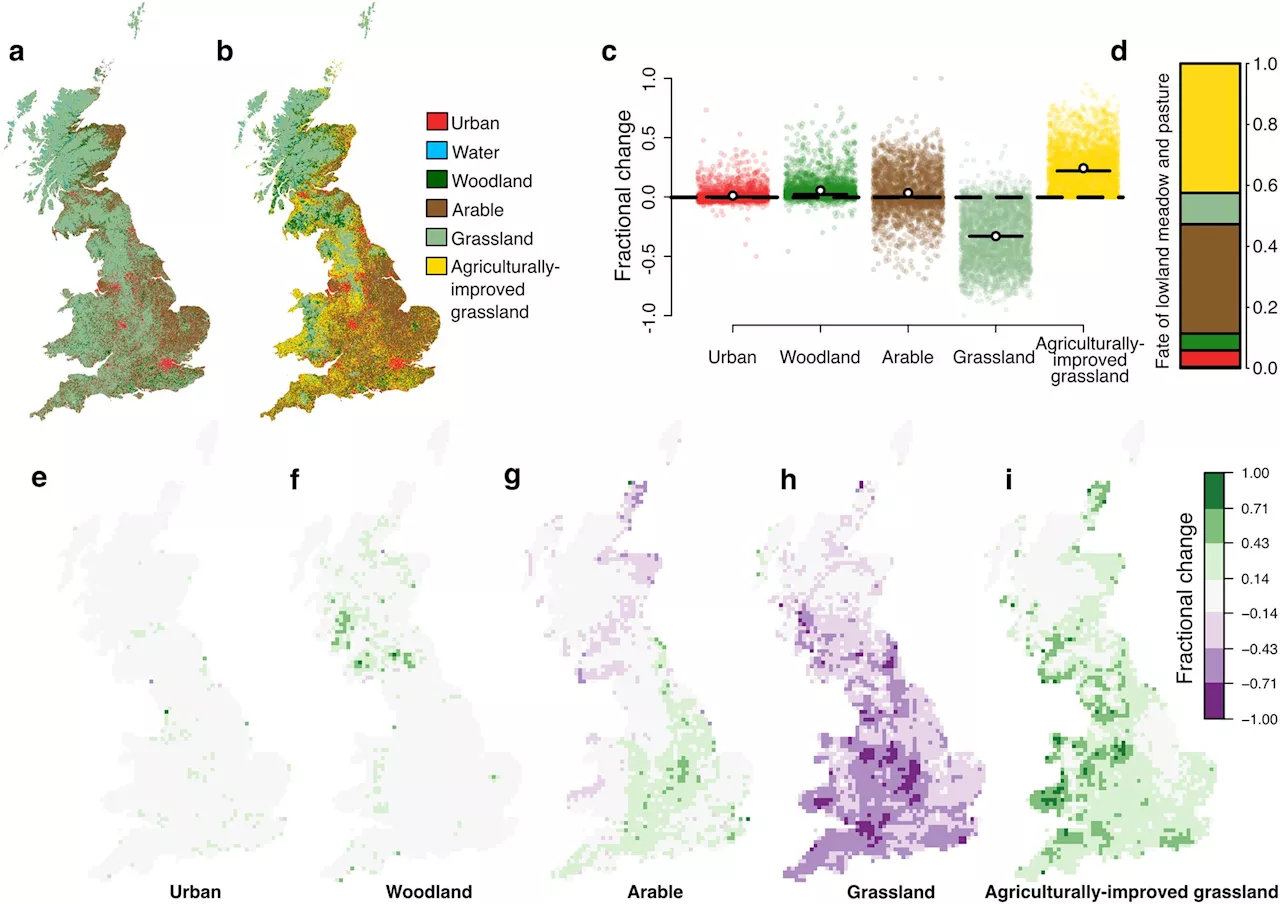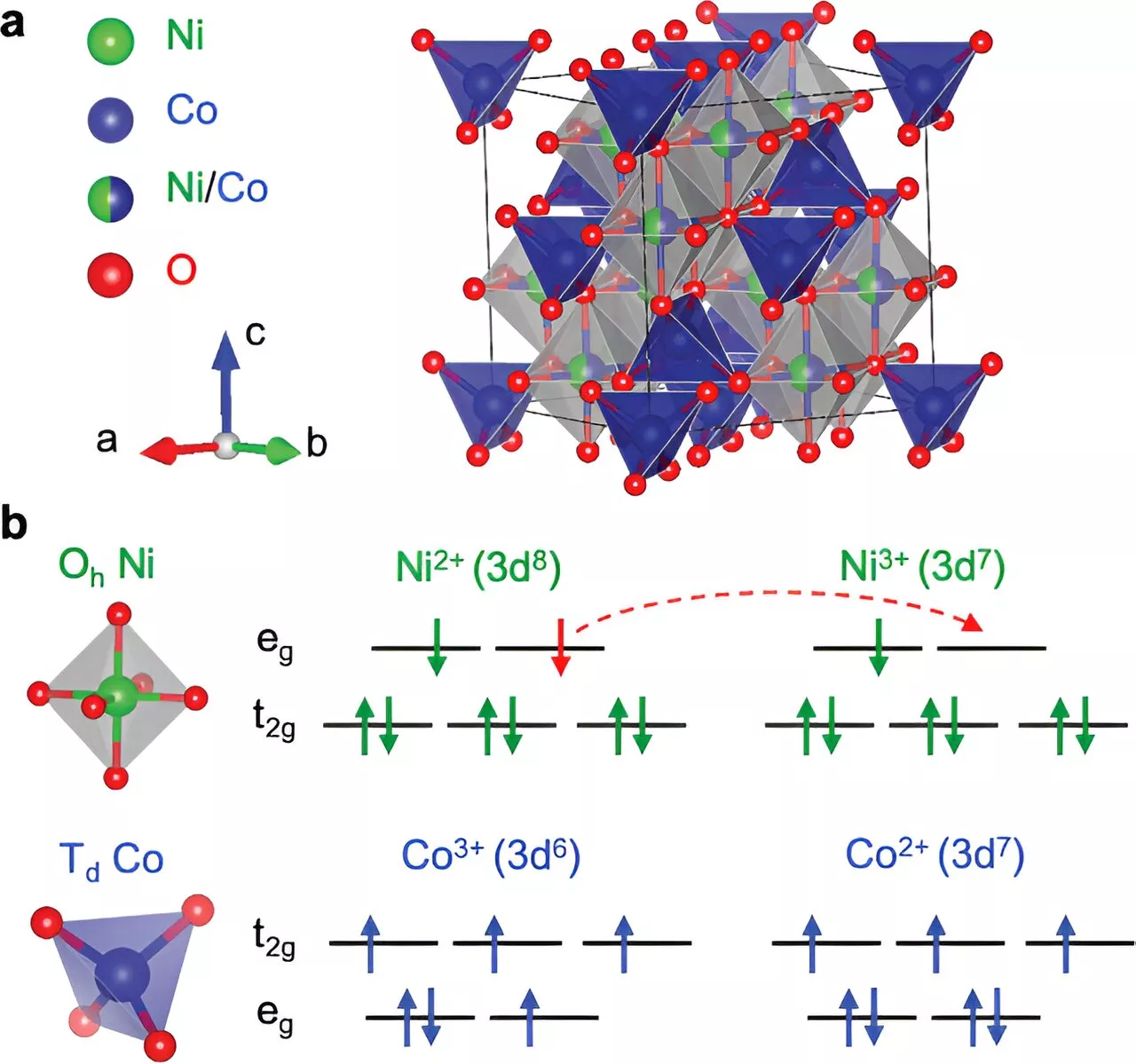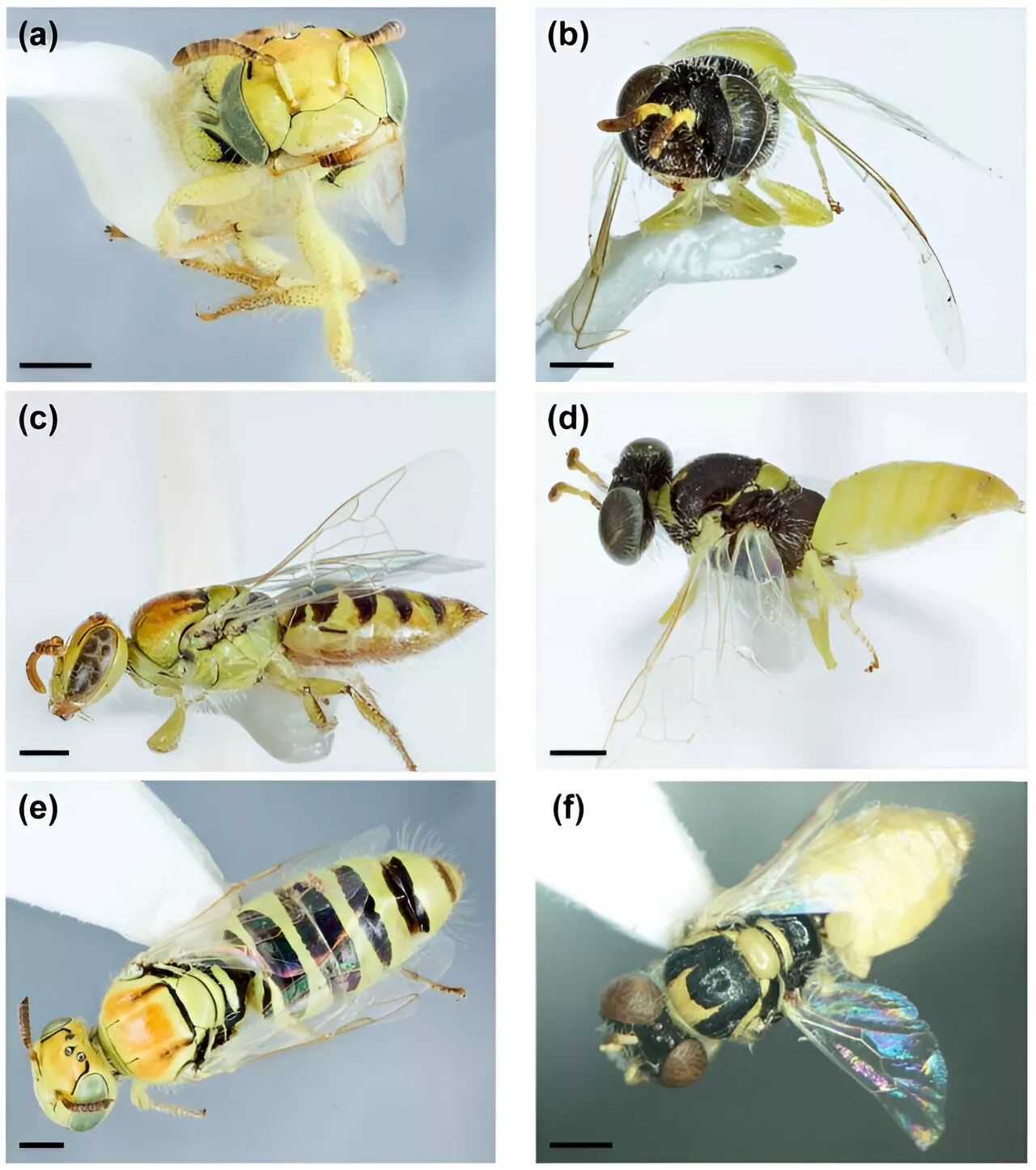Science and Technology News and Videos
But now, a team of scientists say it's technically possible after successfully developing young mouse embryos on board the International Space Station — the first study of its kind.
Scientists sent a batch of 720 fertilized mice embryos, frozen at the two-cell stage, to the space station back in August 2021. The embryos were inside specially designed chambers that allowed astronauts, who don't have expertise in embryo incubation, to thaw and incubate them. The final results showed that embryos grown on the space station had a 23.6 percent chance of reaching the blastocyst stage, while embryos in an artificial gravity scenario had a 29.5 percent chance. That's in comparison to embryos in a control group back on Earth that reached the stage at a rate of 61.2 percent.
United States Latest News, United States Headlines
Similar News:You can also read news stories similar to this one that we have collected from other news sources.
 New map of 20th-century land use in Britain helps researchers demystify biodiversity changeA collaboration led by Northumbria University and the Swedish University of Agricultural Sciences has for the first time mapped how land use changed across Britain throughout the last century.
New map of 20th-century land use in Britain helps researchers demystify biodiversity changeA collaboration led by Northumbria University and the Swedish University of Agricultural Sciences has for the first time mapped how land use changed across Britain throughout the last century.
Read more »
 Researchers demonstrate solution for long-term challenge, bringing benefits to spintronics and data storage technologiesIn a paper published recently in Advanced Science, researchers from the Paul Drude Institute in Berlin, Germany, and the Xiamen University, Xiamen, China, demonstrated that ferrimagnetic NiCo2O4 (NCO) constitutes a solution for the long-term challenge of finding materials with a robust out-of-plane magnetization.
Researchers demonstrate solution for long-term challenge, bringing benefits to spintronics and data storage technologiesIn a paper published recently in Advanced Science, researchers from the Paul Drude Institute in Berlin, Germany, and the Xiamen University, Xiamen, China, demonstrated that ferrimagnetic NiCo2O4 (NCO) constitutes a solution for the long-term challenge of finding materials with a robust out-of-plane magnetization.
Read more »
 Decoding Life’s Secrets: Researchers Solve Protein MysteryScience, Space and Technology News 2023
Decoding Life’s Secrets: Researchers Solve Protein MysteryScience, Space and Technology News 2023
Read more »
 Researchers unveil role of pentatricopeptide repeat proteins in kiwifruits under pathogen stressAs key regulators, pentatricopeptide repeat proteins (PPRs) function in ribonucleic acid (RNA) editing, organellar gene expression, photosynthesis, the organellar electron transport chain, cellular metabolism, and adenosine Triphosphate (ATP) production.
Researchers unveil role of pentatricopeptide repeat proteins in kiwifruits under pathogen stressAs key regulators, pentatricopeptide repeat proteins (PPRs) function in ribonucleic acid (RNA) editing, organellar gene expression, photosynthesis, the organellar electron transport chain, cellular metabolism, and adenosine Triphosphate (ATP) production.
Read more »
 Two bee species become one as researchers solve identity puzzleA new study by Curtin and Flinders Universities has found that what were thought to be two different species of native Australian bee are in fact one.
Two bee species become one as researchers solve identity puzzleA new study by Curtin and Flinders Universities has found that what were thought to be two different species of native Australian bee are in fact one.
Read more »
 Mistreatment of Michigan farmworkers: Researchers document abuses, push for changeDenied drinking water. Timed bathroom breaks. Threatened or fired for bruising apples while picking them. Unsafe exposure to chemicals and pesticides. Working into the middle of night or in extreme heat or rain. Unpaid or unfairly paid wages with no recourse.
Mistreatment of Michigan farmworkers: Researchers document abuses, push for changeDenied drinking water. Timed bathroom breaks. Threatened or fired for bruising apples while picking them. Unsafe exposure to chemicals and pesticides. Working into the middle of night or in extreme heat or rain. Unpaid or unfairly paid wages with no recourse.
Read more »
